The extensive prose work places Arnold Zweig in a row with the great German-language novelists of the 20th century. Born in 1887 into a Jewish merchant family in the fortress town of Glogau (today Głogów in Lower Silesia), the writer already felt latent anti-Semitism in his childhood. After the Prussian War Ministry had prohibited trade with Jewish merchants and his father’s fourage business had gone bankrupt, he had to leave the “youth paradise” on the Odra river at the age of nine.
The Zweigs went to Katowice, where the poet attended first the Realschule and then the Oberrealschule, and made several friends who influenced his intellectual development to a considerable extent. With his Silesian school friends, Zweig published the bi-monthly magazine “Die Gäste” (The Guests) for a year, which was an important form of poetic and theoretical self-understanding for the budding writer.
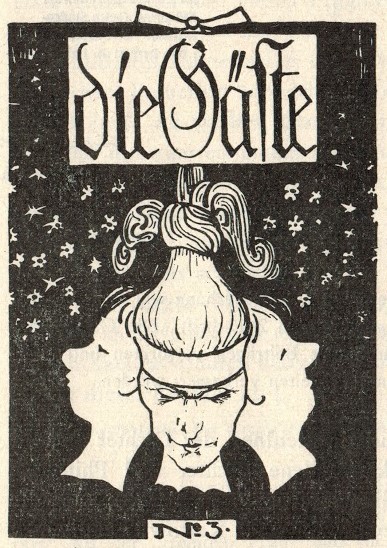
After passing the school-leaving examination, he began his study career, which he took up at the University of Wrocław, back then Breslau. He then also studied in Munich, Berlin, Göttingen, Rostock and again in the Bavarian capital, where he witnessed the outbreak of the First World War. In 1915, he was served with his draft notice. Zweig directly took part in the war as a common soldier and experienced the “hell of Verdun” almost firsthand. After the war, he moved to Bavaria and tried to recover from the trauma of war in the rural countryside. But in 1923, after anti-Semitic riots by the Nazi party in Munich, he was forced to look again for a quiet place to live and work.
The choice fell on Berlin, where he took a position as editor at the “Jüdische Rundschau” and worked as a freelance writer. In 1927 came the long-awaited literary breakthrough, with the novel “Der Streit um den Sergeanten Grischa” (“The Case of Sergeant Grischa”). This was the first German anti-war novel, exposing the Prussian power apparatus and the nature of imperialist predatory warfare. Hitler’s seizure of power meant a radical change of life for the committed pacifist and Jew. Since his existence in the German metropolis was now fraught with numerous dangers, he made the decision to turn his back on Germany in March 1933.
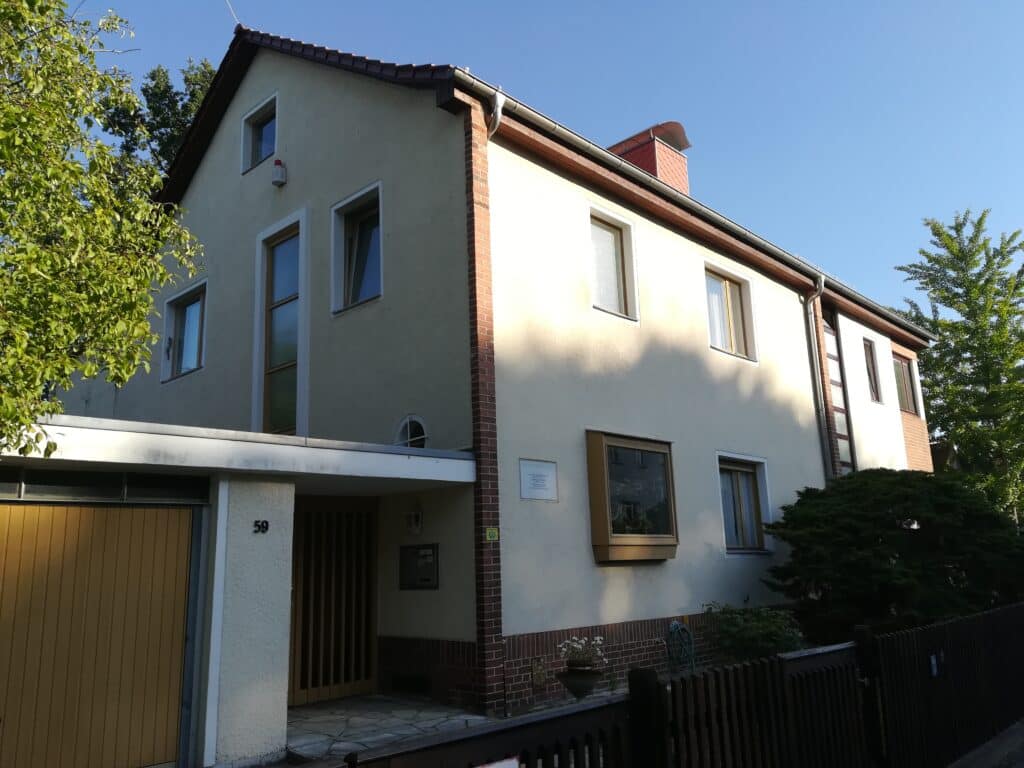
After a short stay in Sanary-sur-Mer, France, he emigrated to Palestine and settled for fifteen years on Mount Carmel near Haifa. The growing strangeness made his life in exile difficult, as did the fact that he did not know Hebrew, but always used the German language, which was labeled fascist. Disappointed and not sufficiently recognized, he returned to Europe in 1948 and, after a stopover in Czechoslovakia, reached East Berlin, which became his final domicile.
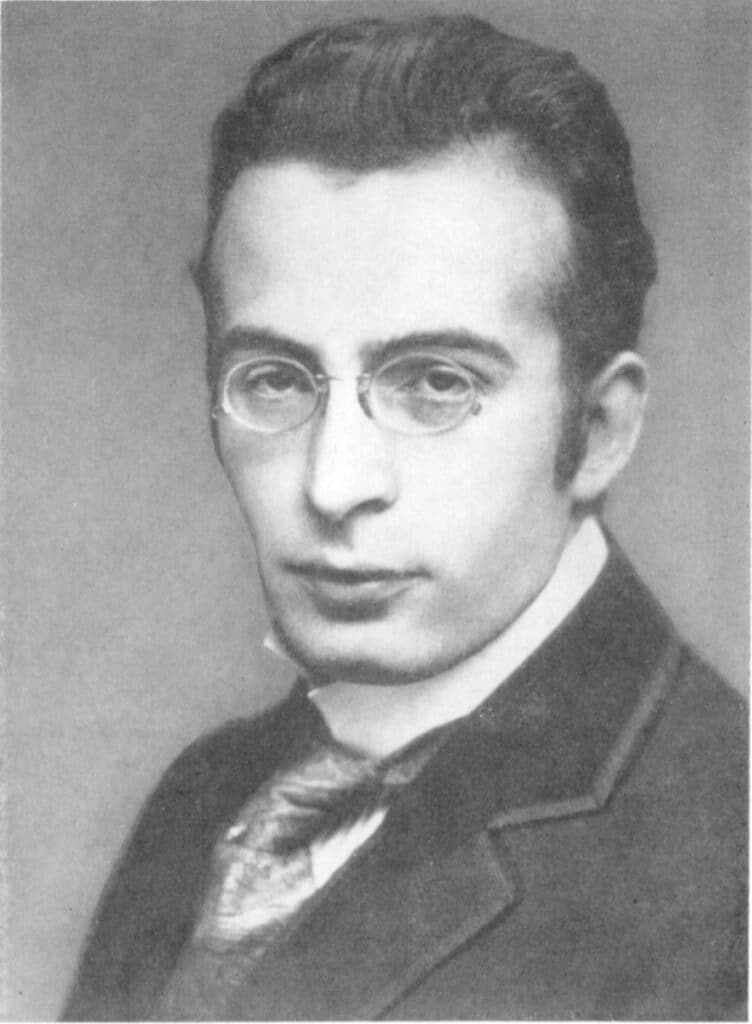
It should be noted that Zweig was reluctant to accept the GDR leadership’s invitation, as he was obviously aware of the consequences of this decision. His choice was certainly influenced by the fact that after the war there were few alternatives for this man who was weighed down by the burdens of past decades and who longed for a place where he had the financial means to live that were indispensable for a writer. Among other things, the way back to the city of Glogau, which had been almost completely destroyed in the last weeks of the war and had become Polish, whose native German population had been expelled by the new authorities, remained closed to him.
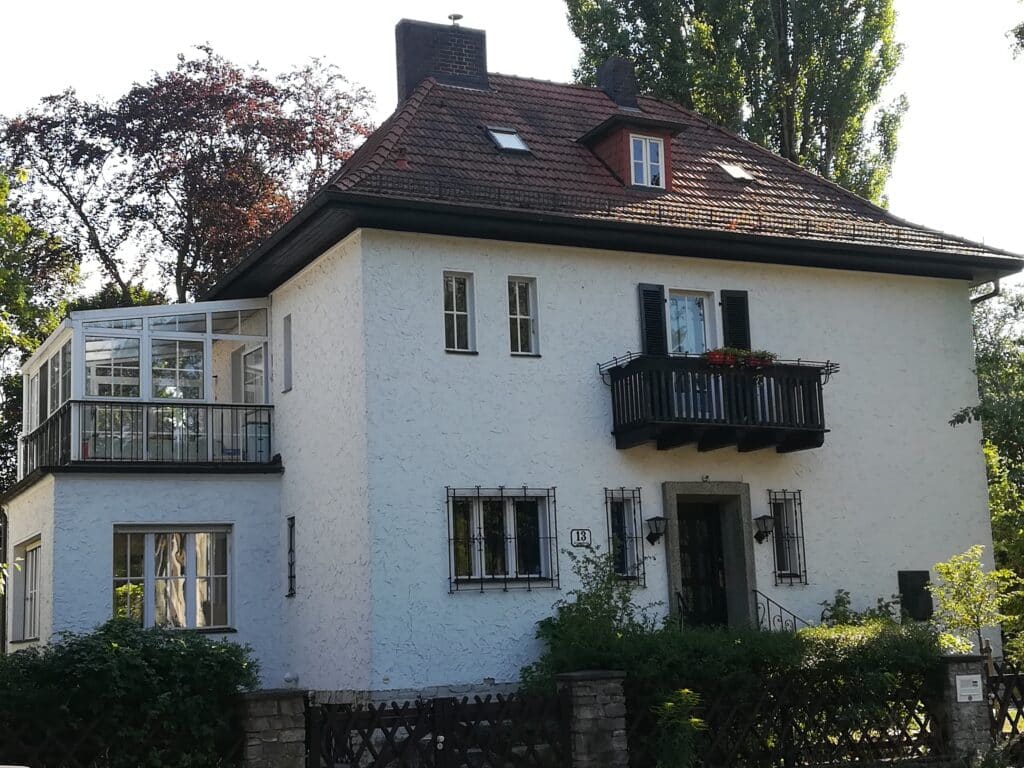
Moving to East Berlin ushered in a new chapter in Arnold Zweig’s life and work. After Berthold Brecht’s death, he was the most prominent author based in eastern Germany. He took on offices and political tasks, such as the presidency of the Berlin Academy of Arts (1950–1953). Newspapers and magazines demanded articles from his pen, and he regularly commented on current issues. His political thinking was in the service of the state, but he never became a party member.
From the early 1960s, Zweig’s activity gradually declined due to advancing age. The poet’s last stop was the hospital, where he died on November 26, 1968. In accordance with his last will, he was buried in the Dorotheenstädtische Friedhof in Berlin next to the graves of his friends – Johannes R. Becher, Bertolt Brecht and Heinrich Mann.
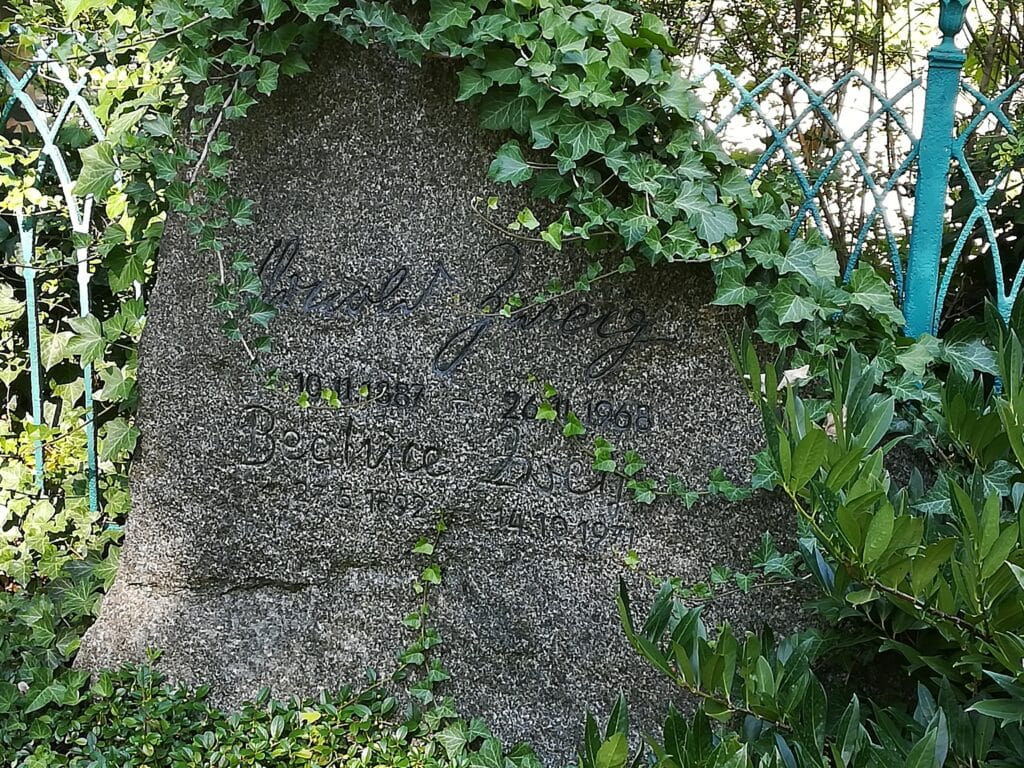
In general, Arnold Zweig is presented as an author whose work draws on the experiences of the First World War, the Palestinian exile is mentioned, and then Berlin, where he lived and worked in his old age. But it is also characteristic of him that he often and gladly recalls details from the Silesian period. The images of his youth remain in his memory until his death. It is therefore not surprising that he refers to Glogau, Kattowitz and Breslau as the “fortresses of his youth”.
With this, Zweig primarily wants to emphasize that the experiences of these years played an incalculable role in his later career. On the other hand, it is an expression of his longing for “an epoch in which the earth’s crust seemed unshakably firmly founded” because people still believed in the ruling power of peace in civilized Europe. After this belief had proved deceptive in the First World War and later the German Republic had sunk ever deeper into the shadow of National Socialism, he was able to state: “Yes, the world is beautiful, but we will still have some work to do to make it as homely as that Silesia once was […]”.
In this context, it is worth mentioning the Arnold Zweig collection belonging to the Silesian Library (Katowice), which was donated in 2008 by the German bibliophile Bernhard Stübner and which graces the cover of this article. He had been an avid reader of Zweig’s works since his youth and over the decades had tried to acquire a copy of all editions, including those printed in small editions, for special occasions, or for bibliophile purposes. Concerned about the fate of the collection after his death, Stübner took steps during his lifetime to find a suitable place to store it.
Through the mediation of the Goethe Institute in Krakow and the Polish Embassy in Berlin, contact was established with the management of the Silesian Library. Conversations and meetings followed, culminating in Stuebner’s final decision to donate his collection to this institution.
The estate consists of nearly 800 listed items and includes the first editions of Zweig’s works, their further editions, numerous translations, and extensive secondary literature on his life and work. Some books contain handwritten dedications by the author to acquaintances and friends. The entire collection is freely accessible.
Book tips Arnold Zweig
Arnold Zweig once achieved his breakthrough with Der Streit um den Sergeanten Grischa.
The book Erziehung vor Verdun (Education before Verdun), which was later also made into a film, is one of the most recommended works by Arnold Zweig.
The author of this text edited the conference volume Arnold Zweig on the Fiftieth Anniversary of his Death (2019), which can be ordered here.

